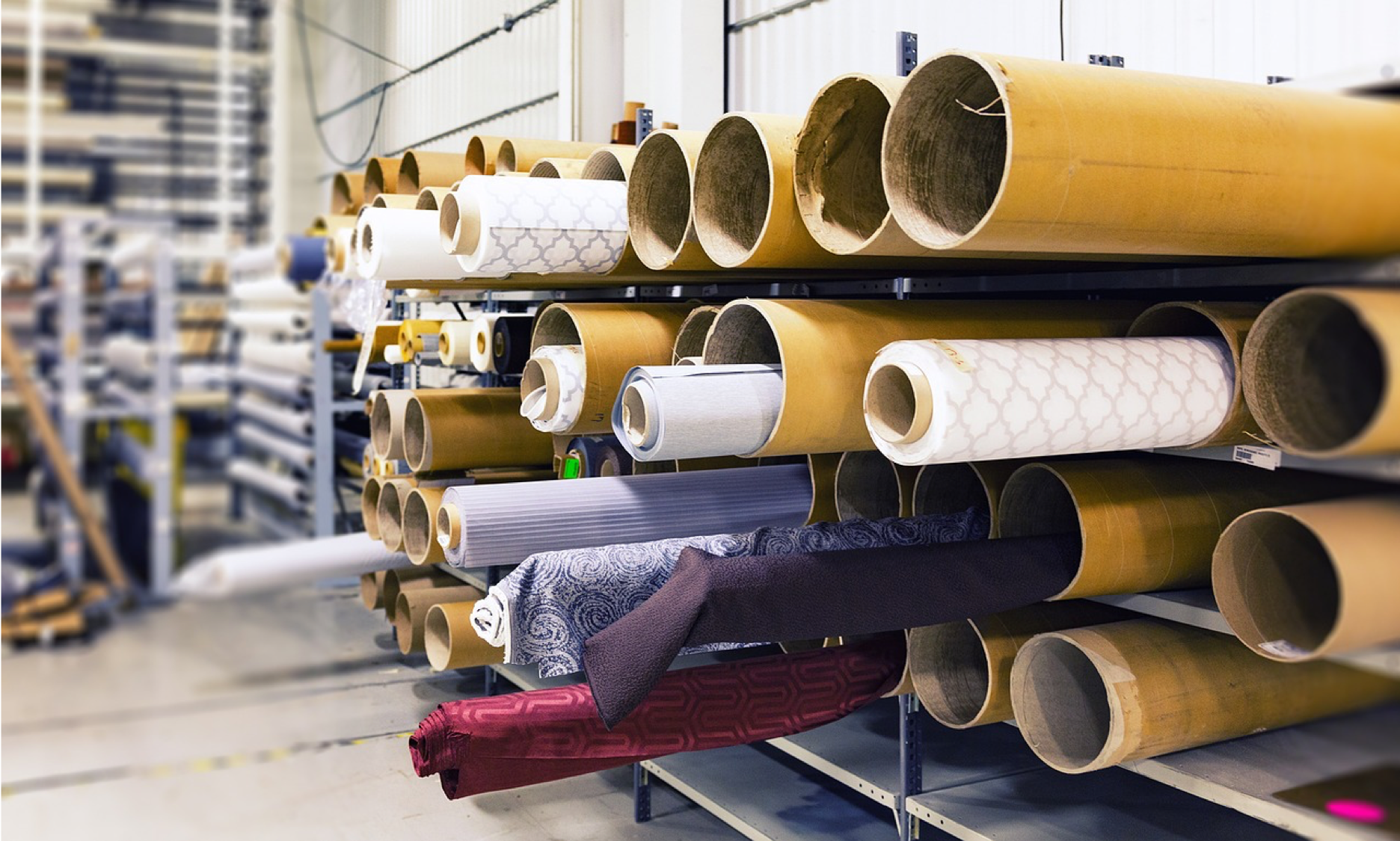Making textile processes more efficient will benefit your business and the environment
It will be no surprise to you that textile manufacture is the most polluting industry on the planet after oil. Fast fashion is overwhelming the Earth. Textile dyes are polluting freshwater supplies and waste in supply chains is creating devastating environmental damage. $8 shirts really will end up costing the earth. That is, unless serious, impactful changes are made to textile production processes. Often, perceived increased costs are the barrier to creating sustainable textile practices, but in reality, sustainable textile procedures can also be profitable for your business. Environmentally friendly textiles can be profit friendly too- and Textile Consult can help.
You can produce textiles that are sustainable and profitable
The planet is majorly struggling to keep up with the increased desire for fast fashion. This issue is nothing new. Increased demand for textiles leads to greater use of resources and increased CO2 production, while contributing majorly to pollution and waste.
This video from Grist paints a stark illustration for you. According to Environmental Leader, up to 20% of industrial water pollution is caused by textile dyeing and treatment. Dyeing textiles increases wastewater, energy usage, and toxic discharge. Currently, textile production leads to significant resource waste. Future technology aims to help solve these issues, with development in waterless dyeing techniques, recycling fabrics and future fabric design, but real impact can be achieved by making textile production more efficient. And efficiency isn’t only good news for the planet- it will make your business more profitable too.
Everyone can buy fewer clothes, but major impact will not happen unless the textile industry is leading the change. Sustainable textile processes will deliver economic efficiency, inevitably creating environmental efficiencies and positive eco-impact.
How can you profit from environmentally sustainable textiles?
The great news for you is that sustainable practices in textile production do not have to cost your business more money. WRAP stated that $3-5 billion worth of resources could be saved by organisations in the supply chain, simply through making economic efficiencies that instantly benefit your business. That’s a big economic incentive!
Eliminating waste within textile production is a quick win opportunity. Through improving your production knowledge, techniques and energy efficiencies you can save money and enhance your competitiveness. Your brand reputation will be boosted. Textile Consult can work with you to identify the changes needed to make your business more efficient, profitable and eco-friendly. It’s a win-win.
How Textile Consult can help your business
Profitability increases through greater efficiency can be significant. Textile Consult recently worked with a cotton fabric manufacturer. Achieving a $200m turnover in 2013, this prestigious company supplies leading retailers and brands across Europe and the USA. Working with the company, we identified efficiencies that could be made in laboratory dye processing. Implementation of these procedures resulted in savings of $52,000 per month. So how much more efficient could your business be?
Textile Consult can work with you to provide sustainable textile solutions that will make your manufacturing efficient, increasing profit, reducing waste and developing clever, environmentally friendly procedures. These include:
- Process Optimisation – to review and improve processes and achieve cost savings
- Cleaner Production Audit – to reduce effluent, create better working practice
- Benchmarking – to measure your business against industry standards
- We can help you with process optimisation, problem solving, sustainability, cost saving
- Through our Textile Consult Academy, we can show your team how to improve efficiency, create great supplier relationships, reduce RTM
Sound good? We think so! Email us to discuss your training requirements or your textile consultation needs. We’re here to make your business become more efficient, sustainable and profitable.



Ian, your thoughts on two points.
1. What percentage of similar companies must move toward sustainable for this to work? Efficiency improvements are one thing, that is low hanging fruit. We need to talk about the real money. You mention a monthly savings of $52k, but if adding a WWTP is $100k per month to operate, there is a problem. If one company moves toward sustainable, but others don’t, will it work (see #2)?
2. Low hanging fruit aside, if the retailers maintain their price point, how do we pay for being sustainable.
Henry – to answer point 2 first, there is pressure from retailers to either maintain the price point or even lower it. There needs to be a change in mindset from the retailers and more importantly their shareholders. As I have said many times its no use retailers “claiming to be ethical or sustainable” they need to actually start behaving in that way. With the efficiencies work Textile Consult have undertaken, the move to being more sustainable is always working from an “as is” stand point in the first instance so finding ways to be more sustainable, efficient with minimal investment. Its easy to make changes by saying ” go out and buy all this technology etc” Education and working with what you already have can give you significant results without the need to make large investments. It maybe in the future that investment is needed, but the small steps and the reduction in costs and potential increase in profits this can bring you, will make the decision to go to stage 2 and 3 easier and more viable. In terms of point 1, where one leads others will follow, I think with the great mix of suppliers and markets in textiles you will always get businesses that refuse to change and move. These businesses will ultimately fail, with recent “scandals” in the industry there is more knowledge of the supply chain and the pressure on retailers is growing. Conversations with UK retailers have been along the lines of removing the weaker suppliers from the supply chain, whether this weakness is technical or ethical or sustainable, those suppliers that do not improve will in the not too distant future see orders drying up and going to competitors who have worked to be more sustainable and ethical.